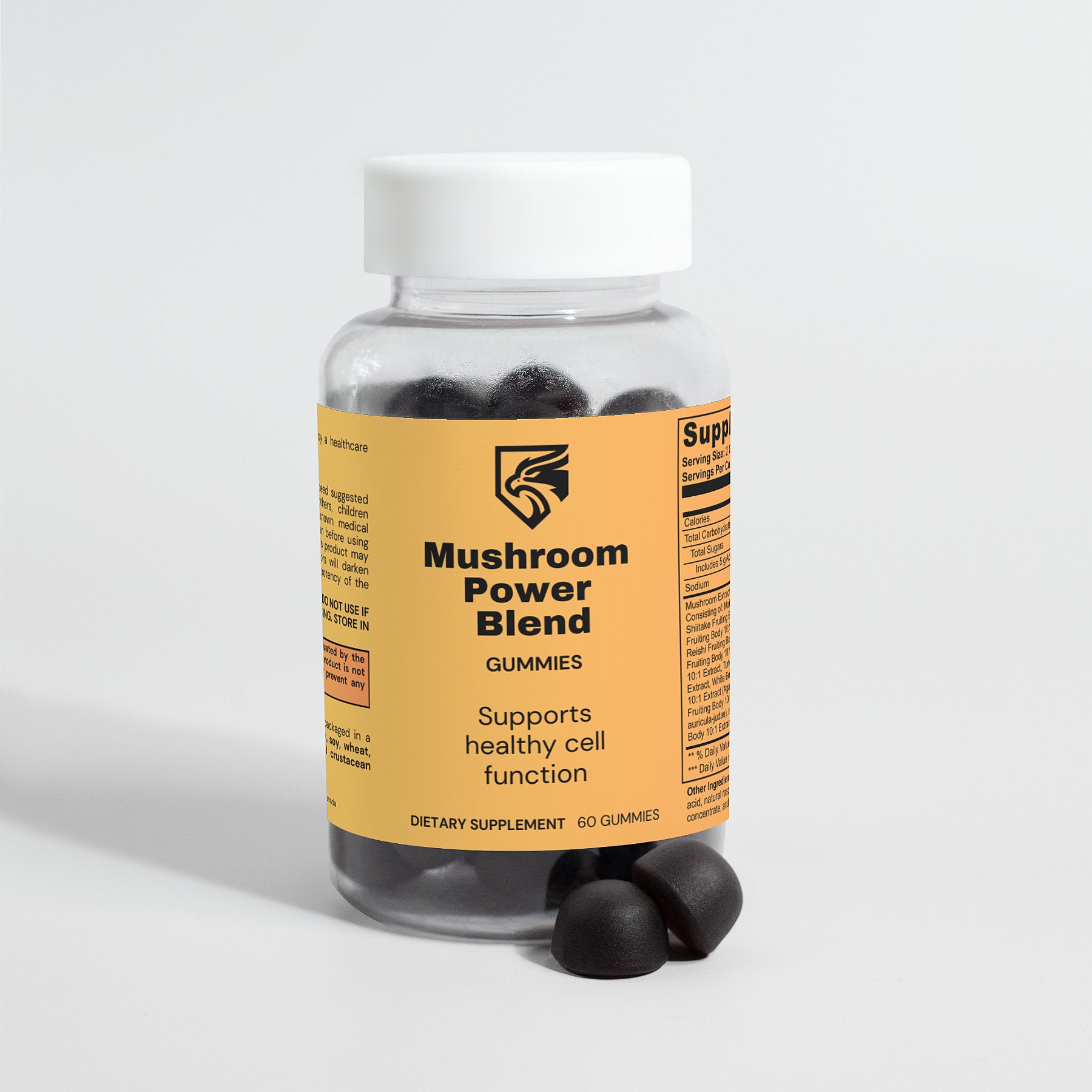In the realm of men's health, testosterone plays a pivotal role in numerous bodily functions, ranging from maintaining muscle mass and bone density to regulating mood and libido. Understanding testosterone levels and the importance of testing is crucial for individuals seeking to optimize their health and well-being. This comprehensive guide aims to explore the intricacies of testosterone testing, what to expect during the process, and the significance of timing when it comes to getting tested.
Section 1: Understanding Testosterone
-
Definition and Functions of Testosterone: Delve into the definition of testosterone, its production, and its role in the body's physiology. Discuss the various functions of testosterone, including its impact on muscle mass, bone density, libido, mood, and overall health.
-
Testosterone Levels: Explore the concept of testosterone levels, including the range considered normal for men at different stages of life. Discuss factors that can influence testosterone levels, such as age, genetics, lifestyle, and underlying medical conditions.
Section 2: Signs and Symptoms of Low Testosterone
-
Recognizing Low Testosterone: Outline the signs and symptoms associated with low testosterone levels, including fatigue, reduced muscle mass, erectile dysfunction, decreased libido, mood changes, and cognitive decline. Emphasize the importance of recognizing these symptoms and seeking medical evaluation if they persist.
-
Impact of Low Testosterone: Discuss the potential consequences of untreated low testosterone, such as decreased quality of life, increased risk of osteoporosis, cardiovascular disease, and metabolic disorders.
Section 3: Testosterone Testing Methods
-
Blood Tests: Explain the primary method of testing testosterone levels, which involves a blood test to measure total testosterone and, in some cases, free testosterone levels. Detail the process of blood collection, laboratory analysis, and interpretation of test results.
-
Saliva and Urine Tests: Explore alternative methods of testosterone testing, such as saliva and urine tests, and discuss their efficacy compared to blood tests. Address the advantages and limitations of these testing methods.
Section 4: Preparation and Procedure for Testosterone Testing
-
Preparing for Testing: Provide guidelines for individuals preparing for testosterone testing, including recommendations to avoid strenuous exercise, alcohol consumption, and certain medications before the test. Emphasize the importance of discussing any concerns or questions with a healthcare provider prior to testing.
-
Testing Procedure: Describe the process of testosterone testing, from scheduling an appointment to undergoing blood collection or sample collection. Address common concerns and misconceptions regarding the testing procedure.
Section 5: Interpreting Testosterone Test Results
-
Normal Testosterone Levels: Define the range of normal testosterone levels based on age and sex, highlighting the variability in individual testosterone levels. Discuss factors that can influence testosterone levels and contribute to variations in test results.
-
Abnormal Testosterone Levels: Explore the implications of abnormal testosterone test results, including low testosterone (hypogonadism) and high testosterone (hypergonadism). Discuss the potential causes, symptoms, and treatment options for each condition.
Section 6: When to Get Tested for Testosterone
-
Age-Related Testing: Provide guidelines for when individuals should consider getting tested for testosterone based on age and risk factors. Discuss the importance of routine screening for testosterone levels, particularly in men over the age of 40.
-
Symptoms-Based Testing: Outline the symptoms and clinical indications that may prompt individuals to seek testing for testosterone levels, such as fatigue, sexual dysfunction, mood changes, and infertility. Emphasize the importance of consulting with a healthcare provider to determine the appropriate timing for testing.
Section 7: Conclusion
-
Importance of Testosterone Testing: Summarize the key points discussed in the guide, emphasizing the importance of testosterone testing for men's health and well-being. Encourage individuals to prioritize their health by being proactive about monitoring testosterone levels and seeking medical evaluation if needed.
-
Empowering Individuals: Stress the importance of education and awareness surrounding testosterone testing, empowering individuals to take control of their health and make informed decisions about their hormonal balance.
-
Future Directions: Highlight ongoing research and advancements in testosterone testing methods and treatments, underscoring the evolving landscape of men's health and the potential for improved diagnostic accuracy and therapeutic options.
In conclusion, testosterone testing is a fundamental aspect of men's health management, providing valuable insights into hormonal balance and overall well-being. By understanding what to expect during testing and when to seek evaluation, individuals can take proactive steps to optimize their testosterone levels and enhance their quality of life.







1 comment
iQDMtErsH
HdIbYxkEp
Leave a comment
All comments are moderated before being published.
This site is protected by hCaptcha and the hCaptcha Privacy Policy and Terms of Service apply.